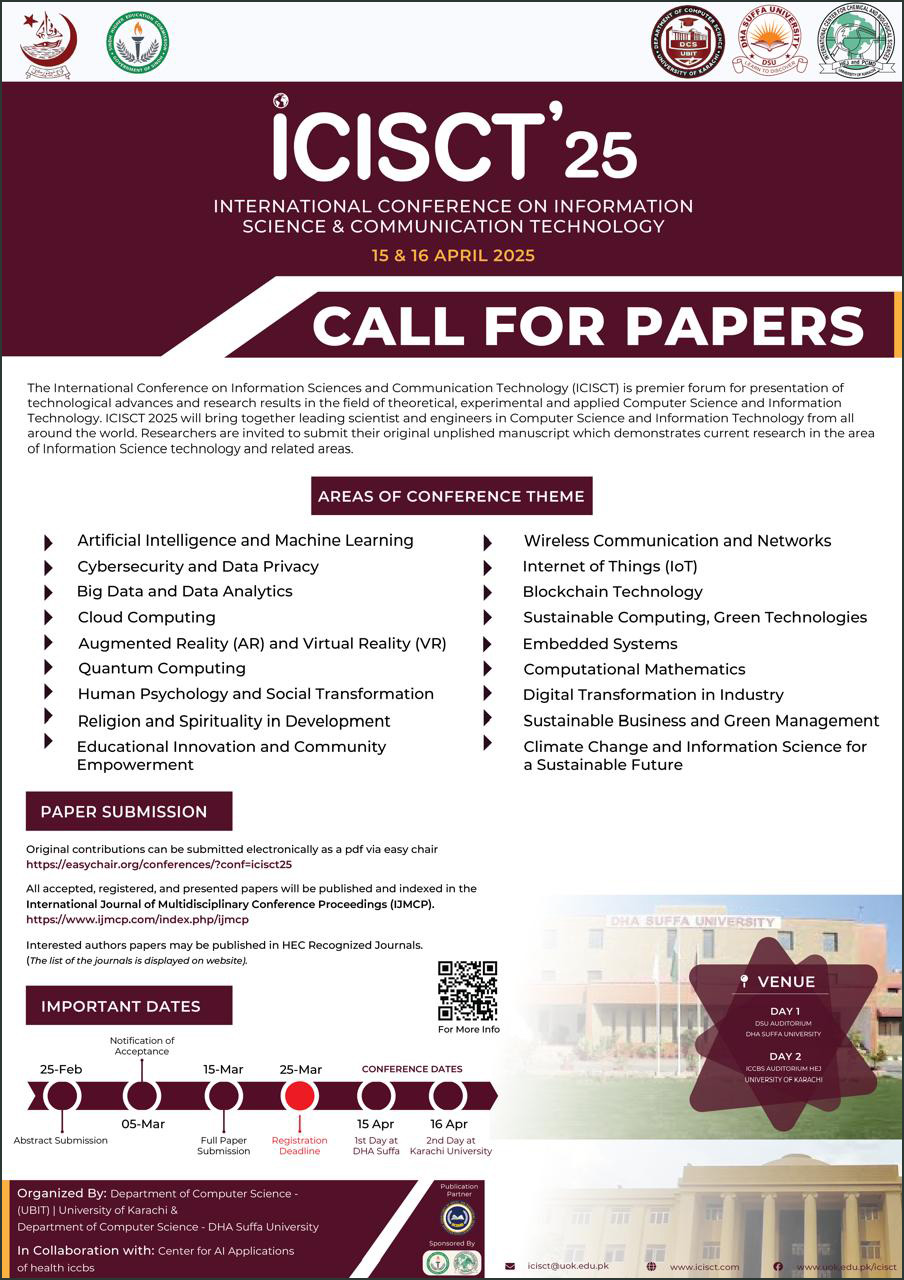Impact of Gender Bias on Counterproductive Work Behavior: Evidence from Pakistan’s Banking Sector
DOI:
https://doi.org/10.61503/cissmp.v3i3.244Keywords:
Gender bias in career progression, counterproductive work behavior (CWB), and organizational politicsAbstract
This research aims to find the impact of gender discrimination on counterproductive work behavior (CWB) along with organizational politics (OP) as a moderator in the banking sector of Pakistan. Through social role theory, the association between gender bias (GB) and CWB has been investigated, focusing on workplace inefficiency (WI), workplace sabotage (WS), and downtime behavior (DB). Aims: Closed-ended questionnaires using a quantitative primary research approach are presented to 401 respondents in a convenience sampling design. The responses were fitted and tested in Smart PLS, where it was proven that the constructs possess reliabilities and validities using confirmatory factor analysis and structural equation modeling. It has been observed that GB in career progression does significantly affect CWB, WI, WS, and DB. OP directly affects CWB, WI, and WS but not DB. In addition, organic food OP also moderates the effect of GBCP on DB and WI but not on WS. This study outlines the need for policy intervention on issues of gender bias and professional growth from the banking sector to enable equal opportunities for leadership positions. Future research should aim at identifying more factors with respect to this framework and investigate how they contribute toward understanding the impact of gender bias on career growth
Downloads
Downloads
Published
Issue
Section
License
Copyright (c) 2024 Muhammad Shaukat Malik, Uneeza Azhar

This work is licensed under a Creative Commons Attribution-NonCommercial 4.0 International License.
Contemporary Issues in Social Sciences and Management Practices (CISSMP) licenses published works under a Creative Commons Attribution-NonCommercial (CC BY-NC) 4.0 license.









